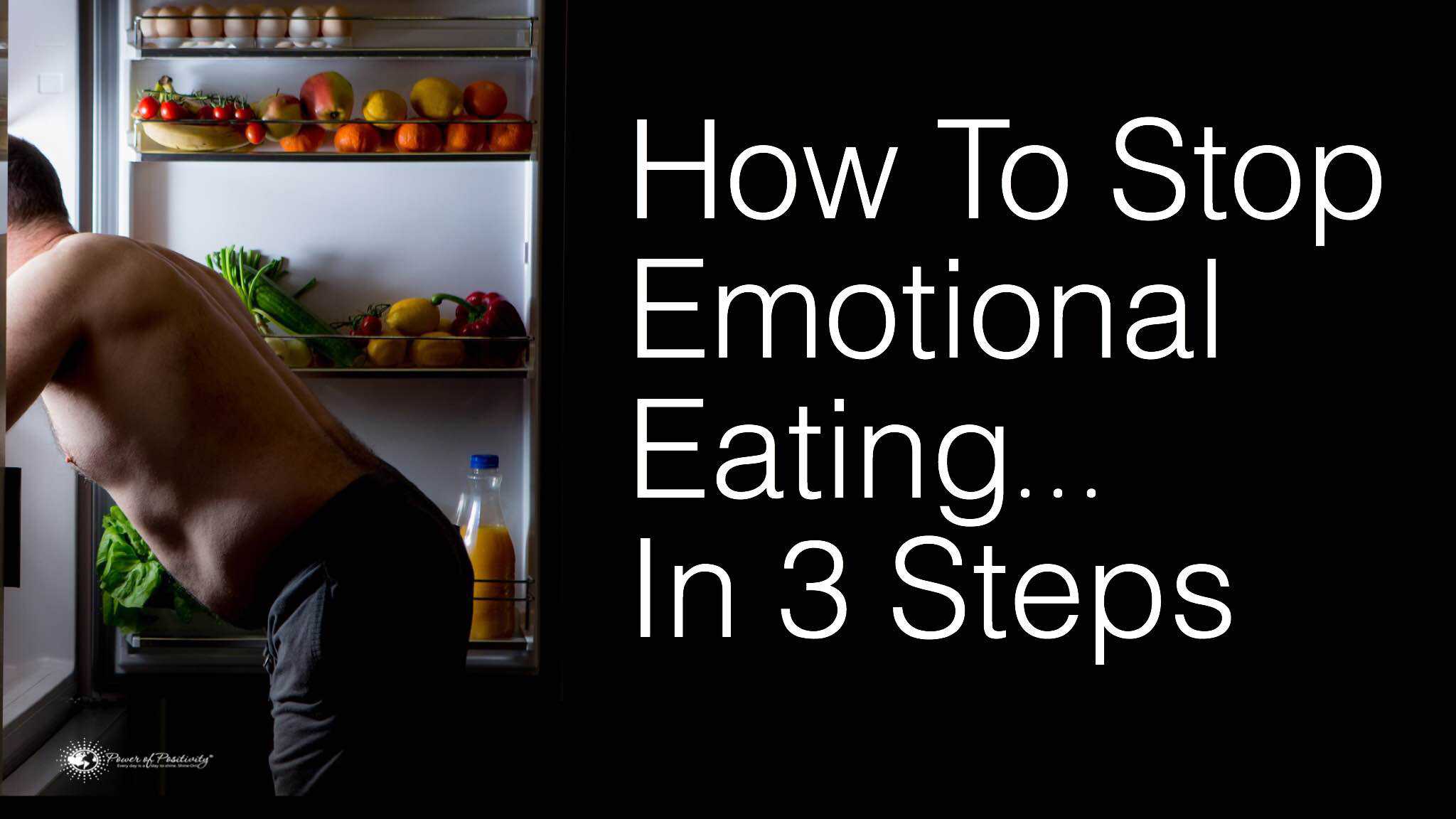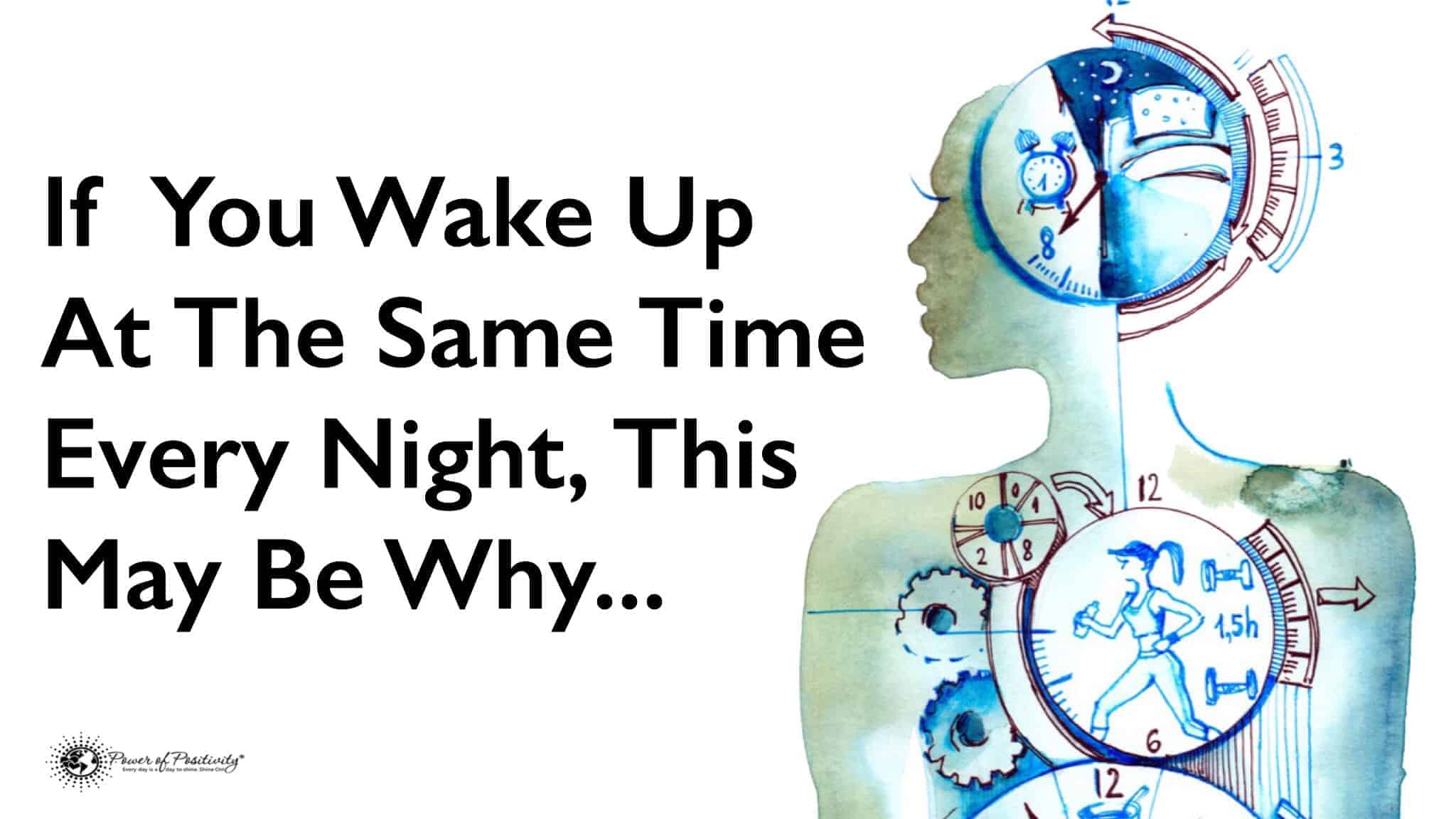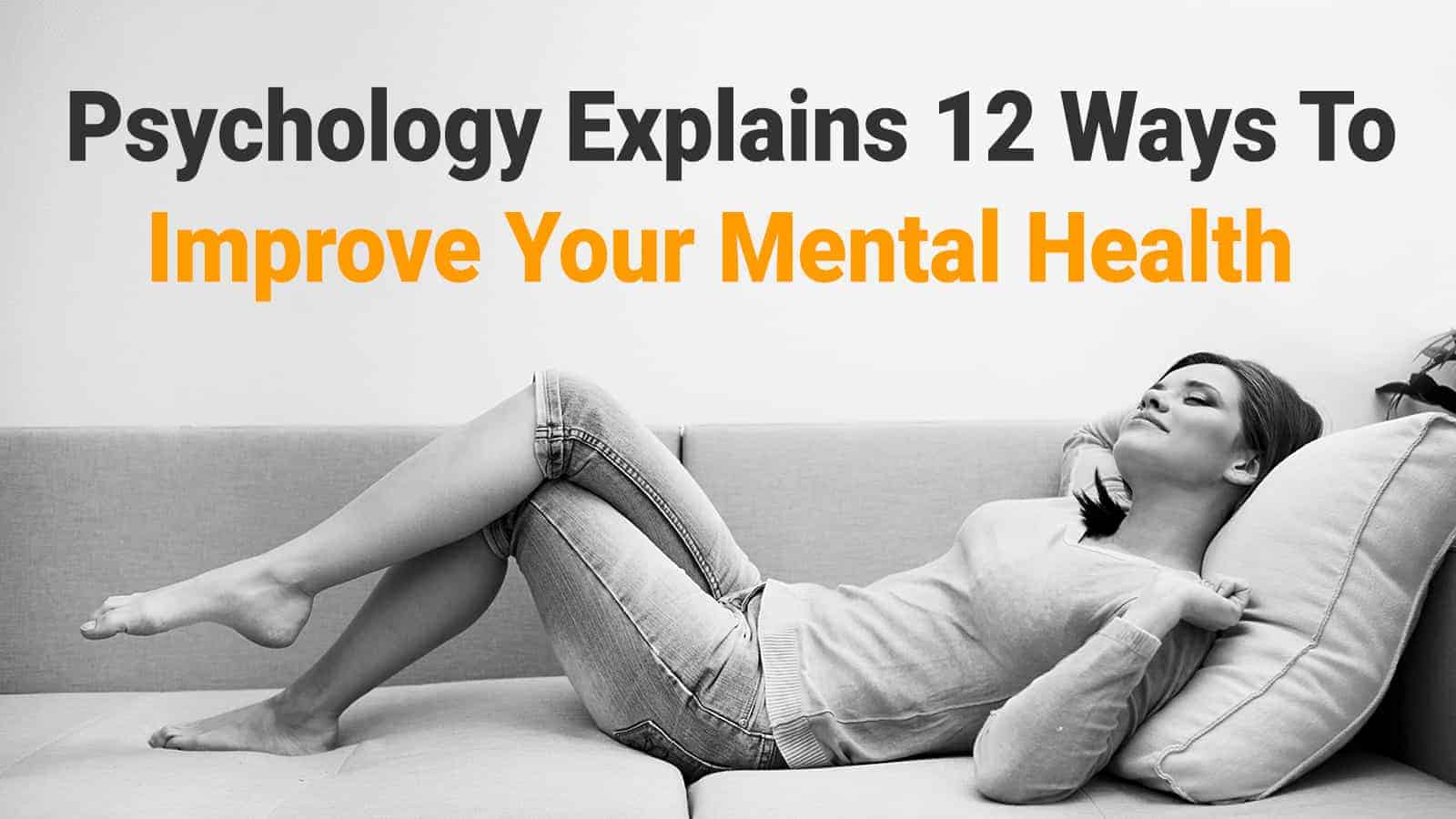You accomplish your health and wellness goals by harnessing the power of your mind-body connection. Communication between your body and mind is essential for both your physical and mental health.
Medicine is based on the observable, measurable, reported physical symptoms of a patient who needs help. Still, this physical-chemical-biological view of medicine ignores the importance of the psychological effect that our thoughts can have on our health.
What Is the Mind-Body Connection?
The mind-body connection points to the relationship between the physical body and the thoughts, feelings, and mental processes within the mind. The concept suggests that mental and emotional states can affect physical health and vice versa. Both traditional healing practices and modern medicine have explored this idea. For example, meditation, yoga, and acupuncture promote wellness by balancing the mind-body connection. These techniques can help better manage chronic stress, depression, and anxiety. Each can negatively affect physical health, including increasing the risk of heart disease, diabetes, and other illnesses.
The mind-body connection highlights the importance of understanding and addressing physical and mental health concerns. By recognizing the link between our mental and physical states, we can better care for our overall well-being. That may involve engaging in practices that promote relaxation, stress reduction, positive thinking, and seeking medical treatment when necessary. By paying attention to our physical and mental health, we can achieve greater harmony and balance within ourselves, leading to a healthier and happier life.
5 Things You Need To Know About Your Mind-Body Connection
We are already well aware of how stress can affect our health. Higher cortisol can lead to poor cardiovascular health, for example. But our mind decides whether a situation should be perceived as stressful.
Managing stress, for those who know about the mind-body connection, is as easy as deciding not to be stressed out by what happened. Without the mind thinking that what happened was stressful, the body can relax, and the high blood pressure, etc. disappears.
When discussing the mind-body connection, we need to know that our emotions are somewhere between the mind and the body and should not be ignored. We’ve talked about trusting your gut because your body senses fear before your mind does.
In our waking days, we encounter a stimulus (a person, event, or conversation), and our body takes in information from our senses. Our gut (home of the gut instinct) makes a judgment call about the input from the senses and decides if it is safe or unsafe. Then our gut sends the information to the brain where we think about what happened and how we want to respond.
Five Ways to Improve Communication Between Your Mind and Your Body
Let’s examine five things you need to know about the mind-body connection to harness your total health potential.
1. Understanding how to use the mind-body connection can heal chronic pain
Dr. John Sarno, author of Healing Back Pain: The Mind-Body Connection, says the mind-body connection is vital in managing chronic back pain. Suppressed emotions, especially anger, can cause back pain. Dr. Sarno recommends being aware of your emotions and seeking to understand them is a good step to healing the emotional pain that you are storing in your body.
Researchers in the journal Holistic Nursing Practice have some advice for healthcare workers treating patients in pain. ‘Not understanding the patient’s past pain experiences, current emotional state, and personal and cultural meaning of pain can greatly decrease the health care provider’s ability to assess and treat the patient’s chronic pain.’
2. Suppressed emotions cause bodily symptoms
Sigmund Freud said that numbness or pain in the body can be the effect of a ‘subconscious process in which painful emotions were repressed and then discharged physically. He thought that the symptoms were symbolic and represented a discharge of emotional tension. It was his idea that the process of repression was a defense against the painful emotions. ‘
The neurologist Jean-Martin Charcot discovered in the late 1800’s that patients who suffered from sudden limb paralysis could be cured by being hypnotized. This was evidence that the mind could control the body’s experience of sensations.
3. You can improve your mind-body connection with exercises
You can do a few simple exercises to help increase the power of your mind-body connection. Here are a few things that you can do to help your mind-body awareness:
- Progressive muscle relaxation
- Body balance training
- Massage
- Guided imagery meditation
- Relaxation breathing
- Meditation
- Yoga
- Tai Chi
Other things that help include having healthy outlets for emotions, awareness of emotions, and having a spiritual connection.
4. Awareness leads to the ability to control the mind-body connection
The first step to understanding the mind-body connection and its power is to become aware of your body. The feel of your muscles and how you can move is part of that knowledge, but being able to sense the messages you are receiving from your gut and other organs is another.
Begin training yourself to recognize your feelings of hunger. Ask yourself on a scale of one to ten how hungry you are. Pause to listen to your body as you eat your food. After how many bites can you tell that you are no longer hungry?
5. It may be easier to control the body before controlling the mind
Thoughts often come from patterns in our past. For example, how our parents thought of us may be how we think of our children. Thought patterns are harder to force yourself to change than it is for you to control the movements of your body.
An article by the Cleveland Clinic says, ‘Research has shown that when you imagine an experience, you often have similar mental and physical responses to those you have when the event actually happens. For example, if you recall an upsetting or frightening experience, you may feel your heart beating faster, you may begin to sweat, and your hands may become cold and clammy.’
Most people know that they can control their breathing to reduce feelings of stress. Paying attention to the feeling of your breathing and heart rate can help you slow down your respiration rate and manage your body’s response. Rehearsing the feeling of calmness can help us use the mind-body connection to eliminate feelings of anxiety.
Final Thoughts About Understanding the Importance of the Mind-Body Connection
The mind-body connection emphasizes the importance of addressing your physical and mental health concerns. Doing so can achieve greater harmony and balance within ourselves, leading to a healthier and happier life.












